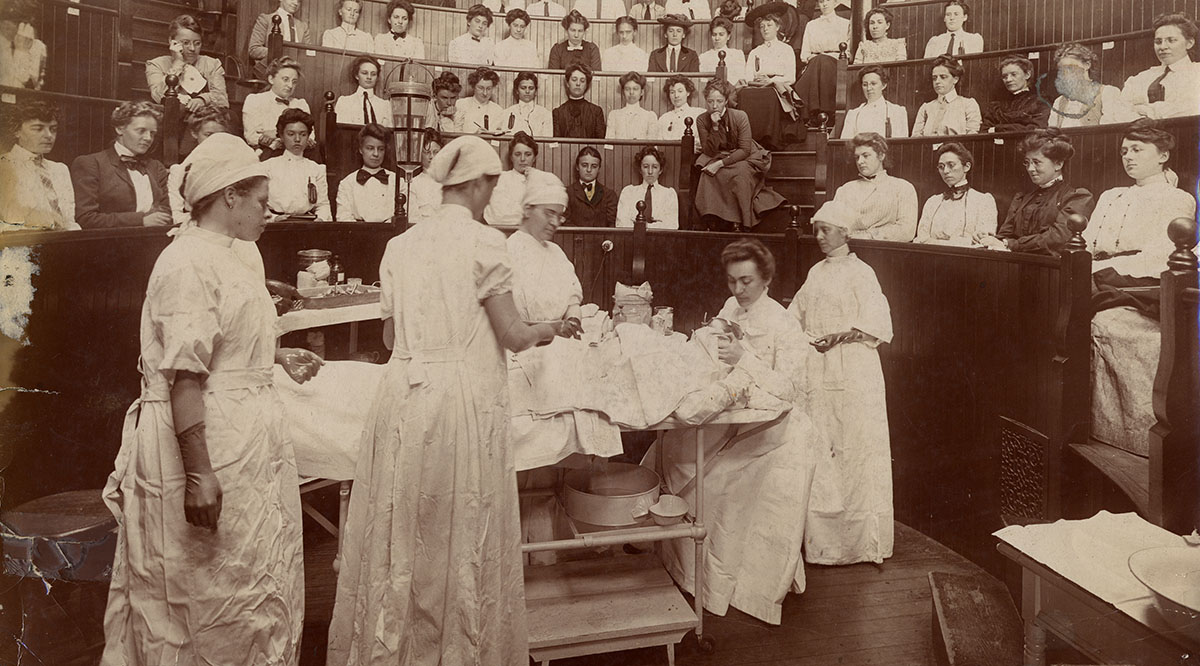
FAQ About Women in the History of Medicine
Women in the History of Medicine
2 years ago | gizem
What was the impact of the Flexner Report on women in medicine?
The Flexner Report, published in 1910 by Abraham Flexner, was a comprehensive assessment of medical education in the United States and Canada. While the report primarily focused on the quality and standards of medical education, its findings had significant implications for women in medicine:
- Standardization of Medical Education: The Flexner Report called for the standardization and reform of medical education. It advocated for medical schools to meet higher educational and clinical standards, which ultimately improved the quality of medical training for both men and women.
- Impact on Women's Medical Colleges: Prior to the report, there were a significant number of women's medical colleges in the United States. However, many of these institutions were criticized in the report for their perceived lower standards. As a result, several women's medical colleges closed, merged with other institutions, or faced increased scrutiny and pressure to meet higher standards.
- Reduced Opportunities for Women: The report's emphasis on scientific and clinical rigor in medical education made it more challenging for women to gain admission to medical schools. This was because, historically, women had faced gender-based barriers to accessing the same educational resources as men, and the report's recommendations further raised the entry bar for all aspiring medical students.
- Shift Toward Coeducation: While the Flexner Report had negative consequences for some women's medical colleges, it also contributed to a shift toward coeducation in medical schools. Some medical schools, in response to the report's recommendations, began admitting women on an equal basis with men.
- Improved Medical Training: The report's emphasis on standardized, evidence-based medical education led to improvements in the overall quality of medical training, benefiting both male and female students. It helped establish a foundation for modern medical education in the United States.
- Mixed Impact on Women in Medicine: In the short term, the Flexner Report may have made it more difficult for women to pursue medical careers due to the closure or transformation of some women's medical colleges. However, in the long term, it contributed to the improvement of medical education and opened doors for women to enter mainstream medical schools on equal terms.
